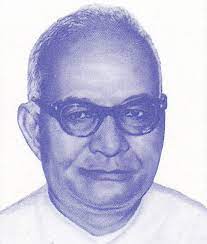The Balwant Rai Mehta Committee was constituted by the Government of India in 1957 to examine the working of the Community Development Programme ( and National Extension Service (NES) and to suggest measures to strengthen them. The Committee submitted its report in 1957 and made the following recommendations:

- Panchayati Raj System: The committee recommended the establishment of a three-tier Panchayati Raj system in every state, comprising village, block, and district level bodies. It suggested that the village level panchayats should be responsible for the implementation of development schemes at the grassroots level, while the block and district level bodies should coordinate and monitor the implementation of schemes.
- Democratic Decentralization: The committee emphasized on democratic decentralization, i.e., the transfer of power and decision-making from higher to lower levels of governance, as a means of ensuring the participation of the people in the development process.
- Devolution of Powers: The committee recommended that Panchayati Raj institutions should be given greater powers and responsibilities, including the power to levy taxes, prepare plans and implement development schemes at the grassroots level.
- Financial Resources: The committee suggested that adequate financial resources should be provided to Panchayati Raj institutions to enable them to carry out their functions effectively. It recommended that funds should be transferred to the panchayats directly from the Consolidated Fund of the State.
- Training and Capacity Building: The committee recommended that adequate training and capacity-building programs should be organized for elected representatives and officials of the Panchayati Raj institutions to enable them to discharge their functions effectively.
The recommendations of the Balwant Rai Mehta Committee were instrumental in the passage of the 73rd and 74th Constitutional Amendments in 1992, which gave constitutional status to the Panchayati Raj system and led to democratic decentralization in country and mandated its establishment in every state in India.
Important Links